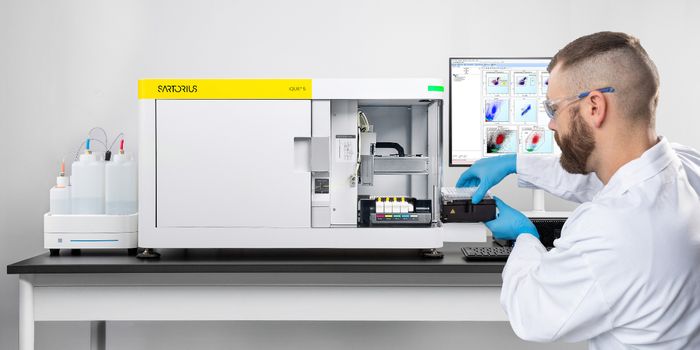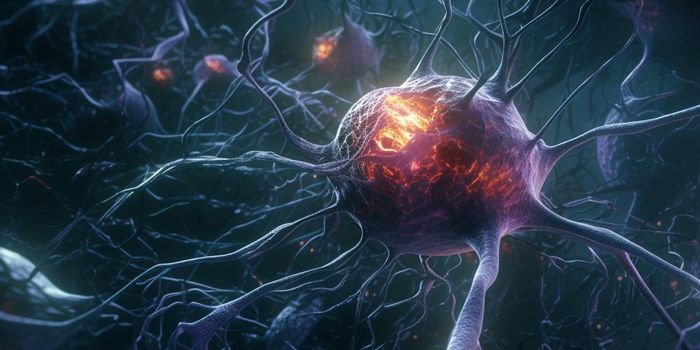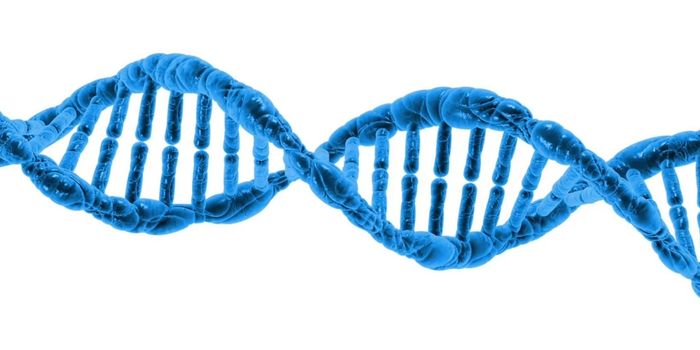New drug attacks pancreatic tumors with mutant KRAS addiction
Pancreatic cancer is notoriously difficult to detect in early stages, which is why it is associated with a low survival rate. Now a study published in Clinical Cancer Research identifies a drug that is capable of derailing pancreatic tumors that are dependent on the mutant KRAS gene.
Approximately 90% of pancreatic cancers harbor mutant KRAS and some tumors have even been shown in previous studies to be unable to survive without the gene – what’s called a mutant KRAS addiction. Watch the video below to learn more about the KRAS gene and how it causes cancer.
In researching mutant KRAS addition, Said Sebti, Ph.D., who is associate director for basic research at VCU Massey Cancer Center, discovered a drug that can kill pancreatic tumors with mutant KRAS addiction. "We discovered a link between hyperactivation of the CDK protein and mutant KRAS addiction, and we exploited this link preclinically to counter mutant KRAS-driven pancreatic cancer, warranting clinical investigation in patients afflicted with this deadly disease," said Sebti. "Our findings are highly significant as they revealed a new avenue to combat an aggressive form of pancreatic cancer with very poor prognosis due mainly to its resistance to conventional therapies."
"Using three entirely different approaches, the same conclusion presented itself clearly to us: pancreatic cancer patients whose tumors are addicted to mutant KRAS could benefit greatly from treatment with the CDK inhibitor AT7519," Sebti adds.
Further tests showed that AT7519 was also able to suppress the growth of xenograft cells from five mutant KRAS pancreatic cancer patients who had not experienced success with chemotherapy and/or radiation. Next, the researchers hope to test out AT7519 in clinical trials targeting pancreatic cancer.
"If our findings are correct and translate in humans, then we should be able to see a positive response in pancreatic cancer patients whose tumors are addicted to mutant KRAS," Sebti said.
Sources: Clinical Cancer Research, Science Daily








